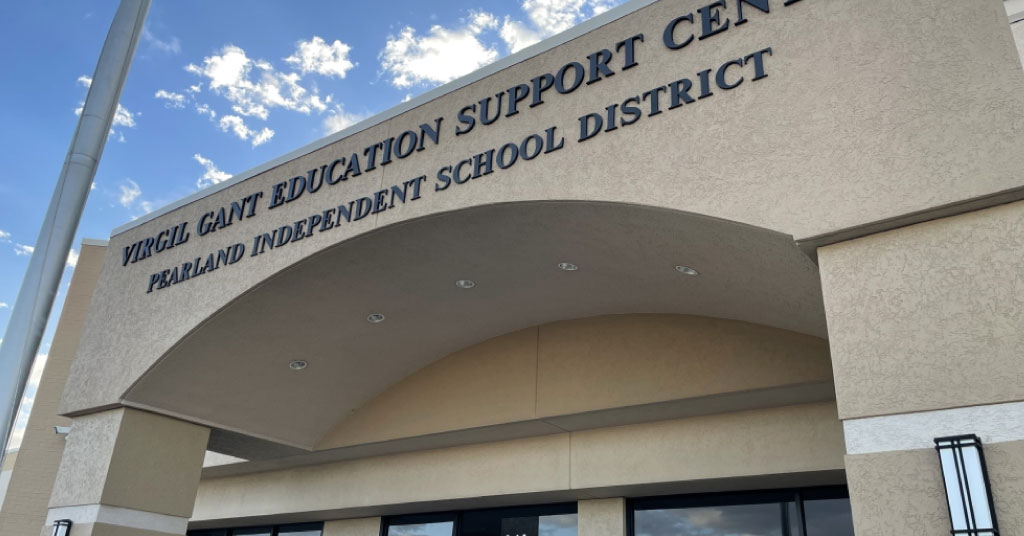
Moonpreneur
We often hear the phrase ‘starting from scratch,’ which refers to the beginning stages of a project. In the world of programming, Scratch is a block-based language that is designed specifically for beginners. With Scratch, beginners can learn the basics of coding and create simple interactive games and animations.
“According to the Scratch Foundation, Scratch users range in age from four years old to eighty years old. Over 2.4 million registered users on Scratch are 8-year-olds.”
On the other hand, Python is a powerful and widely used text-based programming language that is suitable for advanced learners. It is often used for web development, mobile app development, and the creation of artificial intelligence and machine learning applications.
“According to the survey conducted by Stack Overflow, 40% of Python users are between the ages of 21 and 29.”
So Scratch and Python are both programming languages, but they are designed for different audiences and have some significant differences.
Here are some of the main differences between Scratch and Python:
Target Users: Scratch is designed for children and beginners, while Python is more suited for professional developers. Scratch uses a visual programming language, where you can create programs by dragging and dropping blocks, while Python uses a text-based syntax that is more similar to traditional programming languages.
Complexity: Because Scratch is designed for beginners, it is simpler and easier to learn than Python, which is complex. Scratch is a great tool for enhancing children’s learning. It is particularly useful for kinesthetic learners as it allows them to engage in robotics projects.
Scratch also offers a range of interdisciplinary possibilities, such as allowing kids to code their own stories or songs using simple drag-and-drop or block-based tools. Overall, Scratch is a fun and easy-to-use programming language that can help kids develop their creativity and problem-solving skills.
Python, said to be one of the world’s most popular programming languages, is more powerful and flexible, but it can also be more difficult to learn and use.
Recommended Reading: At What Age Should Kids Start Learning to Code?
Applications: With Scratch, students can create amazing art, games, and even characters for games. It is primarily used for creating simple games and animations, while Python is a versatile programming language that is frequently used by software developers as a support language for various purposes, such as build control and management, testing, and more.
Its versatility makes it a valuable tool in the software development process. It has a wide range of applications, including web development, scientific computing, data analysis, and artificial intelligence.
Syntax: The syntax of Scratch is based on blocks that snap together, while Python uses a text-based syntax that requires the use of proper indentation and syntax.
- In Scratch, you must first create a variable before you can assign a value to it, while in Python, a variable is created when you assign a value to it.
- In Python, you must enclose strings (any text) within a single (‘) or double (“) quotes.
- In Scratch, you can make a sprite talk to provide output to the user of the program.
Object-oriented programming: Scratch does not support object-oriented programming, which allows programmers to organize software design around data, or objects, rather than functions and logic. Python, on the other hand, is an object-oriented language, meaning that it allows you to define and manipulate objects.
Overall, Scratch is a great programming language for children and beginners who want to learn the basics of programming, while Python is more suited for professional developers who want to build more complex and powerful applications.
Moonpreneur understands the needs and demands this rapidly changing educational environment and thus we are on a mission to educate and ignite the flames of entrepreneurship through our holistically created online STEM programs which will help kids master the futuristic sciences such as Robotics, Game Development, App Development, Advanced Math and much more!!
Register today to get a free 60-minute online workshop to help your child learn the science of holding the skills and knowledge required in the near future!!










